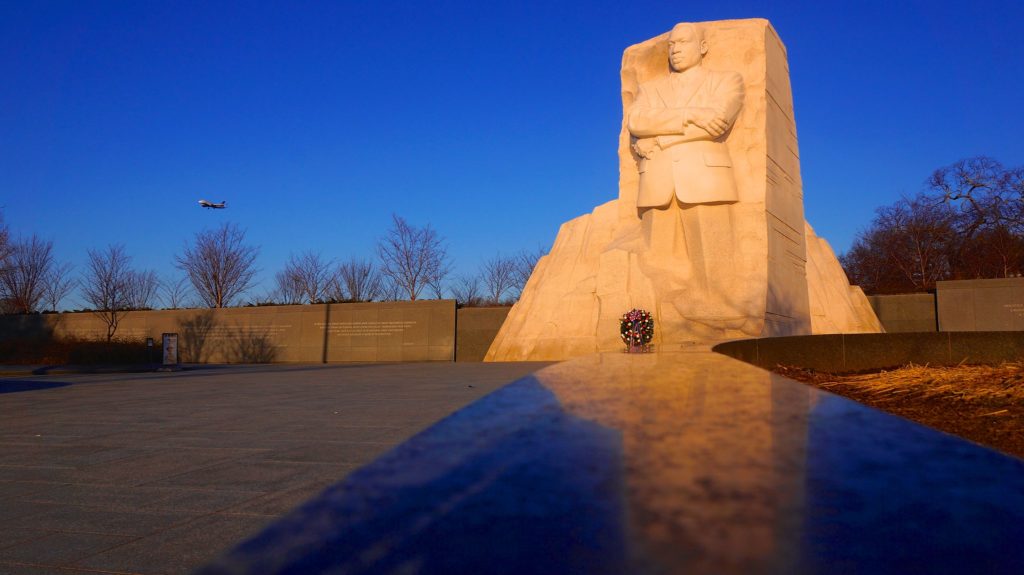The FWD #141 • 509 Words
It’s fair to say everyone is familiar with Dr. King’s “I Have a Dream” speech. But do you know about his work in housing?
Every year since 1986, the United States has observed the birth date of the late Dr. Martin Luther King, Jr on the third Monday in January. Celebrated both nationally and internationally, “MLK Day” commemorates Dr. King’s accomplishments and encourages others to serve and uplift their communities.
While most people are aware of Dr. King as a Civil Rights Movement leader, his work in equitable and fair housing is often overlooked. For most of the 20th century, racial segregation was codified in law. Black Americans faced discrimination, intimidation, and violence that more often than not relegated them into poor quality housing. Dr. King recognized housing as being one of the core components of racial justice and equity, so he took action.
“We are here today because we are tired. We are tired of paying more for less. We are tired of living in rat-infested slums… We are tired of having to pay a median rent of $97 a month in Lawndale for four rooms while whites living in South Deering pay $73 a month for five rooms. Now is the time to make real the promises of democracy. Now is the time to open the doors of opportunity to all of God’s children.”
Dr. King, 1966, Chicago Soldier Field Stadium as part of the Chicago Open Housing Movement
Before he was assassinated in 1968, Dr. King helped to co-lead the Chicago Freedom Movement from 1965-1966. At the time, Chicago was one of the most residentially segregated cities, and the movement sought to challenge discrimination in employment, education, and housing.
The movement called for “open housing” to let Black people seeking homeownership to do so wherever they wished. Along with Dr. King, many fair housing advocates used “testing” as a way to expose housing discrimination. Testing involved individuals who, without any intent to purchase or rent a home, pose as buyers. More acts from tenants and residents of Chicago supporting the movement included rent strikes, business boycotts, and hosting youth workshops that emphasized activism.
In 1966, the movement achieved some victories. The Chicago Housing Authority promised to expand public housing and to implement anti-discriminatory practices, all of which it did. The movement also served as a lesson for housing advocates today by stressing the importance of local policies, building coalitions of diverse groups and stakeholders, and emphasizing that everyone played a role in forwarding the movement — no matter how big or small. Above all, the biggest victory to come was the Fair Housing Act in 1968.
The Fair Housing Act was signed into law one week after Dr. King’s assassination. This act prohibited discrimination in the sale and rental of housing. Today, over 50 years later the act is still in place, but we still remain a long way off from realizing Dr. King’s housing vision. While we have achieved victories in equitable and affordable housing, we should remain inspired to continue the fight for housing equality.
